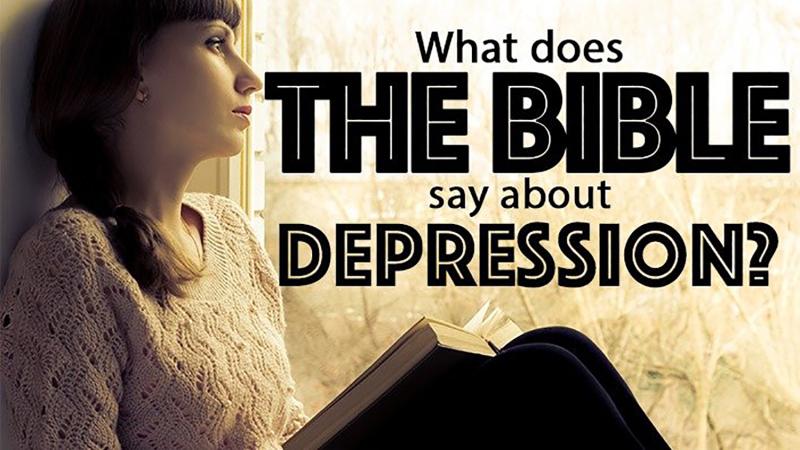
Jonah was told to speak to a city filled with people who would have no problem killing him. The army of Nineveh may have been responsible for the deaths or capture and enslavement of people Jonah knew, perhaps even relatives of Jonah.
Jonah responded to his fears and boarded a ship going in the opposite direction. They experienced such a violent storm that tough, experienced sailors feared for their lives. They cried out to their gods and cast their cargo overboard. Throughout all this, Jonah was sleeping.
How could Jonah sleep with all that noise from the wind, rain, thunder, sailors crying out, and running around the ship hauling, dragging, and throwing large pieces of cargo around? Jonah was in a deep depression and slept through it all in the dark bottom of the ship. Even if he did awaken, he might have thought to himself, “Good, if this ship sinks, at least this emotional pain will end.”
Have you ever been so despondent that all you wanted to do was hide in a dark room or to isolate yourself from other people? Have you ever dipped so far down that you no longer cared about your life or the safety of others? Have you ever been so depressed that all you could do was sleep? If so, then you can relate to Jonah.
Jonah told the sailors, “Pick me up and throw me into the sea; then the sea wi ...



